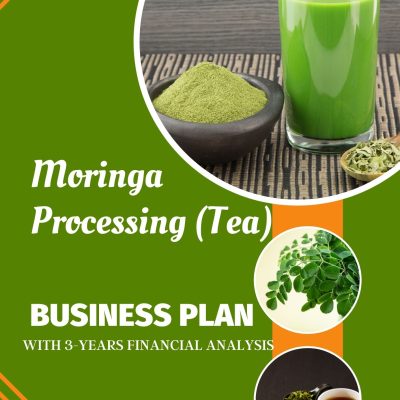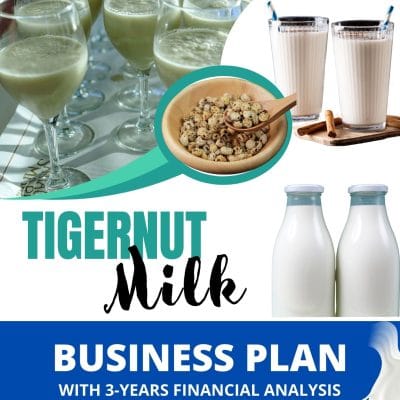Animal feed is important for raising healthy livestock such as poultry, cattle, and fish. With Nigeria’s growing demand for meat, eggs, and dairy, the need for quality feed continues to increase. Currently, Nigeria’s livestock sector depends heavily on commercial feed, and feed mills are essential in meeting this demand.
The feed mill takes raw ingredients like maize, soybean meal, and wheat bran, and processes them into balanced feed for different animals. A 40-tons feed mill can produce enough feed for thousands of animals daily, helping farmers improve their livestock production. In Nigeria, the feed market is worth billions of naira, and a well-managed mill can generate steady income by supplying feed to poultry farms, fish farms, and cattle ranches.
Operating a feed mill requires good management of raw materials, equipment, and labor. The business can create jobs for workers involved in processing, packaging, and delivery. As the Nigerian population grows and more people eat meat, the demand for quality feed will continue to rise, making a 40-tons feed mill a profitable venture in the agricultural sector.
The facility will produce approximately 640 tons per day.
The primary costs are divided into capital expenditures (CapEx) and operational expenditures (OpEx).
Note: This is a business partnership proposal.
Bonus: List of feed ingredients and their current price as at Sep, 2024
20 Pages | PDF document



